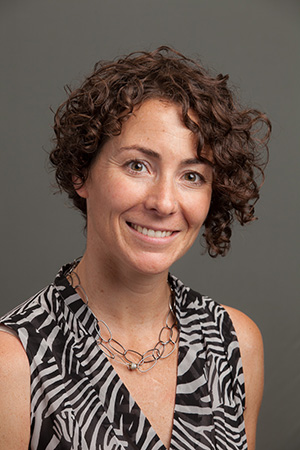Faculty Profile
Katie Oliviero
Associate Professor of Women's, Gender and Sexuality Studies (2014)Contact Information
on sabbatical 2025-26
Denny Hall
717-254-8311
Bio
Dr. Oliviero's teaching and research specializations include transnational feminisms, immigration, QLGBT studies, critical race theory, reproductive justice, law, social movements and cultural analysis. Her book, "Vulnerability Politics: The Uses and Abuses of Precarity in Political Debate" (NYU University Press, 2018) explores how social movements leverage nationalist, gendered, racialized and sexualized narratives of risk to influence the law in controversies over immigration, gay rights, reproductive justice and state-sponsored violence. Additional publications on queer marriage, stand your ground laws, the murder of Trayvon Martin, and the Dreamers appear in Debating Same-Sex Marriage in the Lesbian and Gay Movement(Minnesota UP 2013), Feminist Formations (2013, 2016); Frontiers (2021); Signs (2011/2017); and Women's Studies International Forum (2009). A new project explores if concepts of precarity and resilience can rework existing feminism global justice frameworks, with an emphasis on sexual asylum policies, migration, LGBT parents citizenship-transmission rights, and disability. Katie holds a PhD and MA in Gender Studies from UCLA, and a BA in Women’'s Studies from Dartmouth College. As a recipient of a 2010-2012 postdoctoral fellowship at Emory University School of Law, she taught classes in both the Gender Studies doctoral program and the law school under the auspices of the Feminism and Legal Theory Project as well as the Vulnerability and Human Condition Initiative. Between 2012-2014, Dr. Oliviero was an American Council of Learned Societies New Faculty Fellow at the University of Colorado, Boulder's Women and Gender Studies program and law school.
Education
- B.A., Dartmouth College, 2002
- M.A., University of California-Los Angeles, 2007
- Ph.D., 2010
